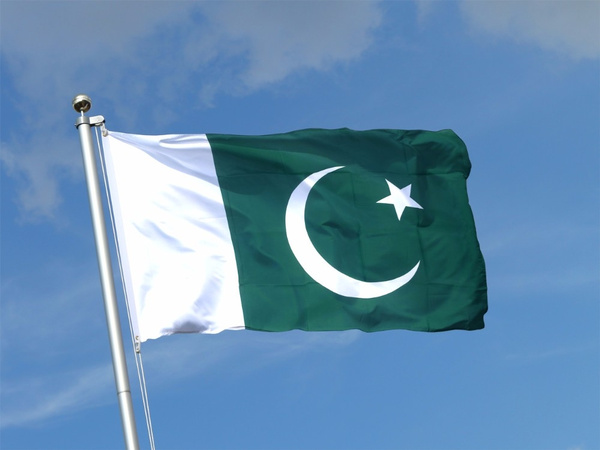
Seventy-five years after independence Pakistan ranks 123rd on the Global Democracy Matrix, just two points above Taliban-ruled Afghanistan. According to U.S.-based international freedom watchdog, Freedom House’s latest rankings, Pakistan is 37th from the bottom on the freedom status index — sliding even further down on the Fragile States Index.
According to a study of the educated youth conducted by the Pakistan Institute for Peace Studies (PIPS) majority of them think view democracy as the most suitable system for Pakistan. Yet, paradoxically, the same number also view all previous military dictatorships as justified.
This dichotomy in thinking – this inability of even educated youth to think clearly and rationally – according to scholar and security analyst Muhammad Amir Rana is “a collective failure, and the responsibility for this state of decay lies with all institutions. Apparently, every institution has ideas on how to bring the country out of its crisis, but the will and capacity to do so are lacking. This month alone, many papers and articles are being published about the factors leading to the state of continuing rot, with intellectuals and experts suggesting solutions for improving the economy and political stability, and advocating a balanced geostrategic approach, and implementing reforms in education and governance. The recommendations are worthy, but the mother of all challenges is: who will take the initiative?”
Pakistan’s current political and economic crises have led many to suggest the need for dialogue, for a new Charter of Democracy, and for the need to resolve civil-military imbalances. However, as Rana asks “why would a strong institution [the army] talk to a weaker stakeholder on equal terms? Especially when the political leadership across the board is happy to remain subservient?”
Dialogue among political parties is useful, just as it is between various institutions of sate. But for Pakistan to move forward, it is even more important for society to undertake an introspection – there is need for moderation, for making the weak – whether ethnic or religious minorities of any kind feel safe, and for pushing religion out of politics.
![]()





